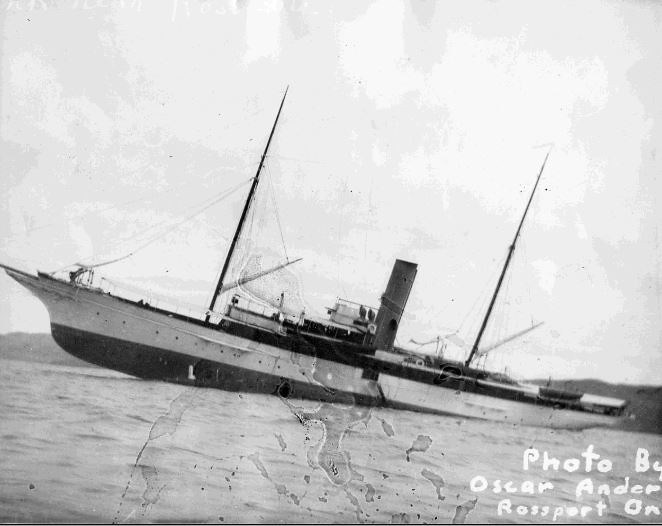NIPIGON, ON — The same team that was instrumental in the discovery of the long-lost ships of the Franklin expedition in the Canadian Arctic is spending two weeks on the water off the north shore of Lake Superior.
This time, though, they are not searching for lost vessels but rather for more information about the 27 known wrecks within the boundaries of the Lake Superior National Marine Conservation Area.
Working with local stakeholders including the area chapter of Save Ontario Shipwrecks, Parks Canada's underwater archeology team is starting what will be a multi-year process of preparing an inventory of underwater artifacts in the area.
"Shipwrecks are a big part of the NMCA and Lake Superior's history. We think each wreck tells a story and gives a snapshot of a specific time and place in the region. And these stories will help Parks Canada staff share the narrative of the site," says cultural resource management advisor Sarah Crowell.
Some of the wrecks within the Lake Superior NMCA, such as the luxury steam yacht Gunilda, went to the bottom over a century ago.
This will be the archeology team's first ever expedition to Lake Superior.
After arriving in Nipigon this week, they plan to begin with the stretch from the Nipigon Straits eastward to the Rossport area, where the Gunilda sank after hitting a shoal in 1911.
The late famed French explorer Jacques Cousteau's team brought global attention to the wreckage when they visited in 1980.
"We're pretty excited about that," Crowell said in an interview.
In future years, the Parks Canada team will continue their work in other parts of the NMCA.
Crowell described them as "world-renowned".
In addition to working on the water, the group plans a number of outreach activities.
"One of the things we really rely on is local knowledge, so we do outreach with the community. For the archeologists to get an opportunity to meet with local people, who we consider the experts on Lake Superior, is really helpful especially as we need to pinpoint where we are going to be going and where are priorities are, because the area is humongous," Crowell said.
The team will also hold followup meetings with area residents following their work in the field.
